Lack of Funding Inhibits Crucial Drug Inspections!
 Friday, March 7, 2008 at 12:25PM
Friday, March 7, 2008 at 12:25PM  AT LEAST 19 people died and hundreds became ill after being given heparin, a blood-thinning drug sold by Baxter International. A belated inspection of the Chinese plant where heparin's active ingredient was processed found "objectional conditions," and recent lab tests revealed an unknown contaminant in batches of the drug. Investigations so far have not identified what precisely caused the allergic reactions. Still, they have exposed major problems with how the Food and Drug Administration runs inspections that, even if not the cause of this particular catastrophe, will certainly lead to one.
AT LEAST 19 people died and hundreds became ill after being given heparin, a blood-thinning drug sold by Baxter International. A belated inspection of the Chinese plant where heparin's active ingredient was processed found "objectional conditions," and recent lab tests revealed an unknown contaminant in batches of the drug. Investigations so far have not identified what precisely caused the allergic reactions. Still, they have exposed major problems with how the Food and Drug Administration runs inspections that, even if not the cause of this particular catastrophe, will certainly lead to one.
Currently, 80 percent of all active drug ingredients come from abroad, but the FDA doesn't know what percentage of foreign manufacturing facilities it has inspected. Many of these plants are in developing countries that don't have infrastructure that meets U.S. safety standards. In response to the heparin case, China said ensuring drug safety is the importing country's responsibility.
The FDA has been scolded about this yawning loophole in drug safety for over a decade but has not acted to fill it. Funding is the main problem. The FDA doesn't have the resources to meet its statutory mandate to inspect domestic plants every two years, let alone inspect plants abroad; a recent Government Accountability Office report estimated that the FDA can inspect foreign firms on average once every 13 years. And in the rare cases where the FDA does visit foreign plants, officials give advance warning and rely on translators supplied by the companies being inspected, compromising the integrity of the inspections.
The agency also uses antiquated, incomplete databases that don't talk to one another, which led officials to believe they'd already inspected the heparin plant in China when actually they'd been to one with a similar name. Without good data, there's no way to create an accurate, risk-based enforcement model, and no way for FDA officials to be held accountable.
The FDA very evidently needs more money, either through appropriations or user fees (which under current law can't be used for follow-up surveillance inspections). How much is unclear, since FDA officials won't say how much more in the way of money or inspectors is needed to carry out their expanding mission, claiming it's not their job to decide. We don't know whether their silence is attributable to their shyness or threats from the Bush administration. But when the safety of the American public is being risked by their financial inability to do their jobs, they need to speak up. That's the only way lawmakers -- who last year gave the FDA more money than the Bush administration had asked for -- can relieve FDA officials of their remaining excuses for nonperformance.




















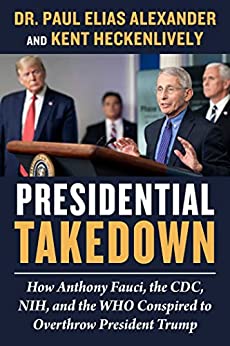












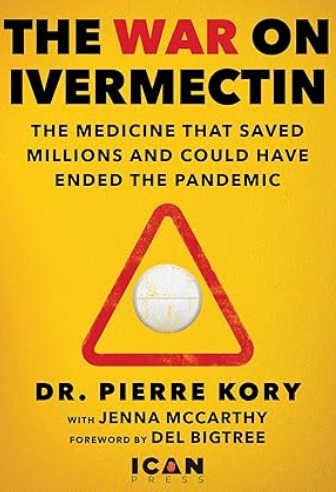



















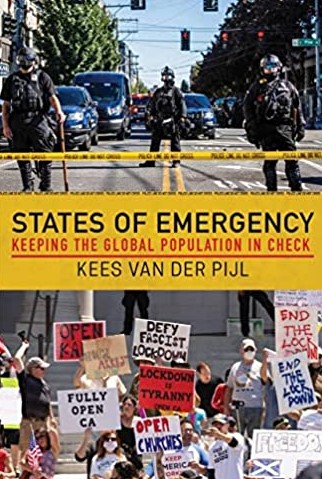

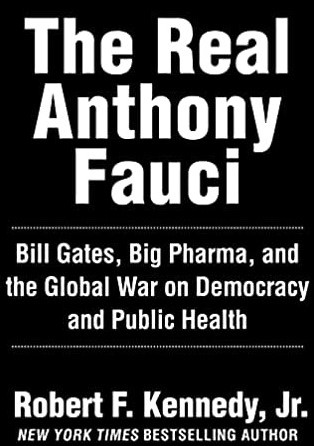


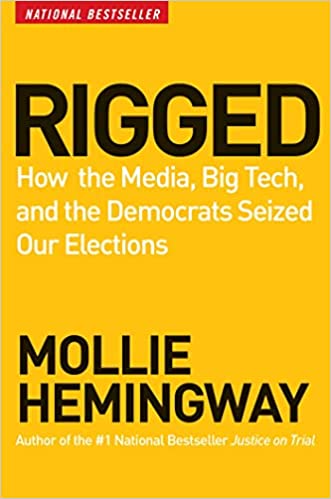





















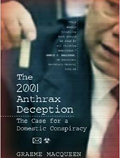






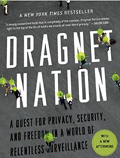




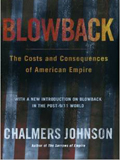

































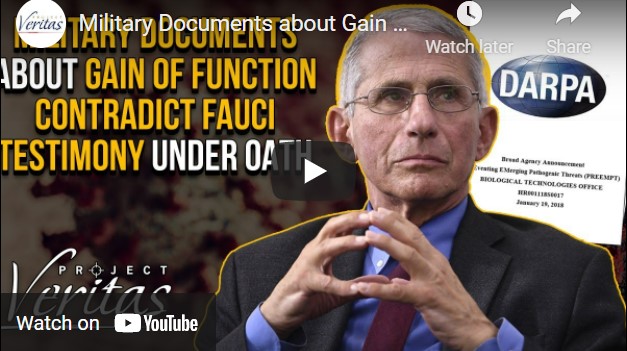





Reader Comments